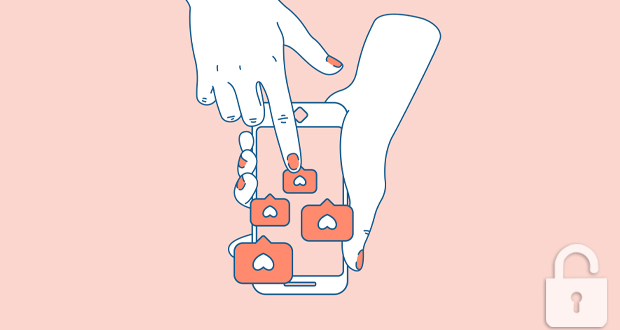Social media is a great way to advocate for change and network. Social media is a great way to get in trouble.
Nurses hear both of these pieces of advice in near equal measure.
Indeed, international researchers, led by Associate Professor Jennie De Gagne from Duke University, said that while use of social media can be a resource for nurses – allowing them to share credible health information and keep up with medical developments – when used inappropriately, it can degrade the working and learning environment, harm reputations and negatively affect patient safety.
To find out what this inappropriate social media use looks like, the US and South Korean research team looked at the Twitter posts nurses and nursing students made to screen for cyberincivility – the use of disrespectful, insensitive or disruptive behaviour in an electronic environment that interferes with another person’s personal, professional, or social wellbeing.
Of the 163 Twitter users included in the study, the team found over a third (36.8 per cent) tweeted inappropriately at least once and, on average, made six uncivil posts over a six-week period.
Overall, 413 tweets were considered uncivil. Of those, 240 related to the nursing profession while the remainder related to personal life.
So what exactly were the kinds of uncivil tweets nurses were sending out?
Profanity was the most common offence. The researchers wrote: “Profane texts focused on users’ work environments and included obscenities aimed at patients and coworkers.
“Some of the work-related tweets in this category included quotes from patients about genitalia, threats of sexual violence, and descriptions of assaults.”
Product promotion, sexually explicit or suggestive posts and demeaning remarks about patients were next in line, while tweets involving name calling, rude comments and interprofessional aggression were also sent out, though in lower numbers.
Perhaps fitting into a few of those categories, nurses used social media to call people names like ‘bitch,’ a ‘f*** savage,’ ‘liar,’ ‘complete c**k,’ ‘idiot,’ and ‘a fat virgin’.
The authors wrote that: “Of the 240 tweets related to nursing, there were 29 instances (12.1 per cent) of nurses demeaning patients, which included tweets that suggested tricking a patient by giving a fake name, inappropriately venting about a patient’s condition, making jokes about a patient’s situation, or otherwise tweeting unprofessionally about a patient.
“This category also included the use of memes and GIFs, which were used to depict patient behaviours and often portrayed them negatively. For example, one GIF showed a head shaking to display disgust, while another exhibited eye rolling to imply the patient was acting inappropriately.”
Last year, a nurse at Texas Children’s Hospital was let go after she posted information about a boy who tested positive for measles on an anti-vaccination Facebook group.
Following the incident, the hospital said in a statement: "We were made aware that one of our nurses posted protected health information regarding a patient on social media.
“We take these matters very seriously as the privacy and well-being of our patients is always a top priority. After an internal investigation, this individual is no longer with the organisation.”
But should nurses be made responsible for their posts should they not breach codes of conduct or their organisation’s guidelines?
A survey of medical students, pointed to in the study, revealed that 42 per cent believed that their online activity did not have any bearing on who they were as professionals. Respondents also voiced their frustration with the “unrealistic expectations that institutions had about their online behaviour and that institutional restrictions excluded normal social interaction”.
Nevertheless, the authors suggested nurse leaders review their organisation’s social media policies and weigh up their effectiveness in terms of protecting the integrity of the profession and patient privacy.
Educators should also ensure students understand that they will be held accountable for their social media presence, they added.
Do you have an idea for a story?Email [email protected]
 Nursing Review The latest in heathcare news for nurses
Nursing Review The latest in heathcare news for nurses

